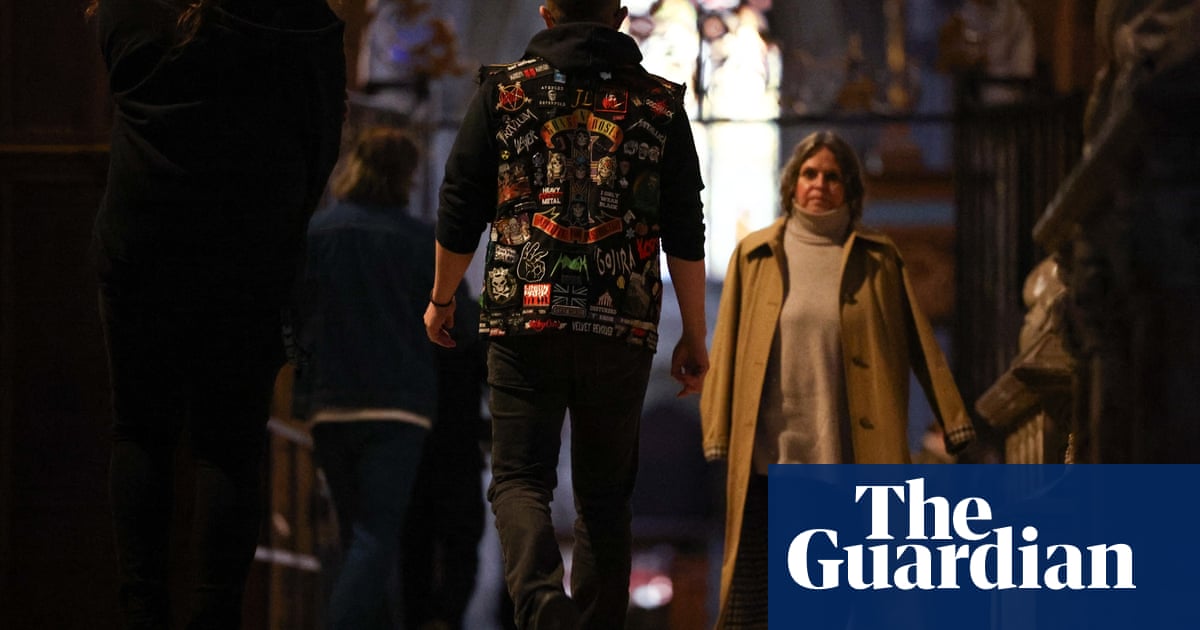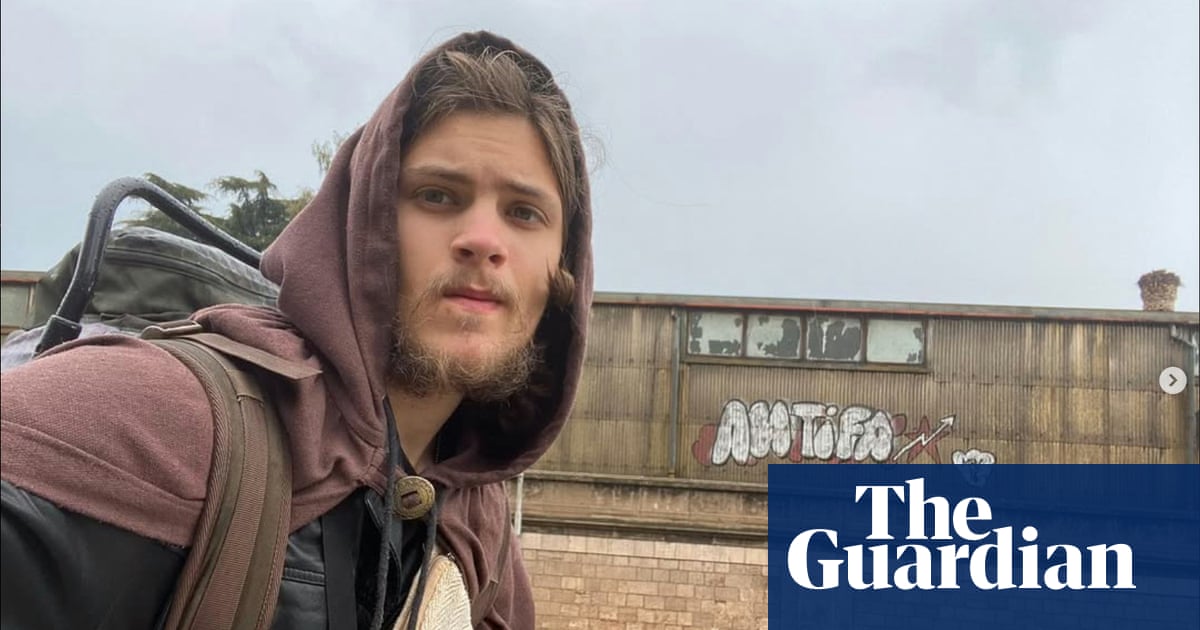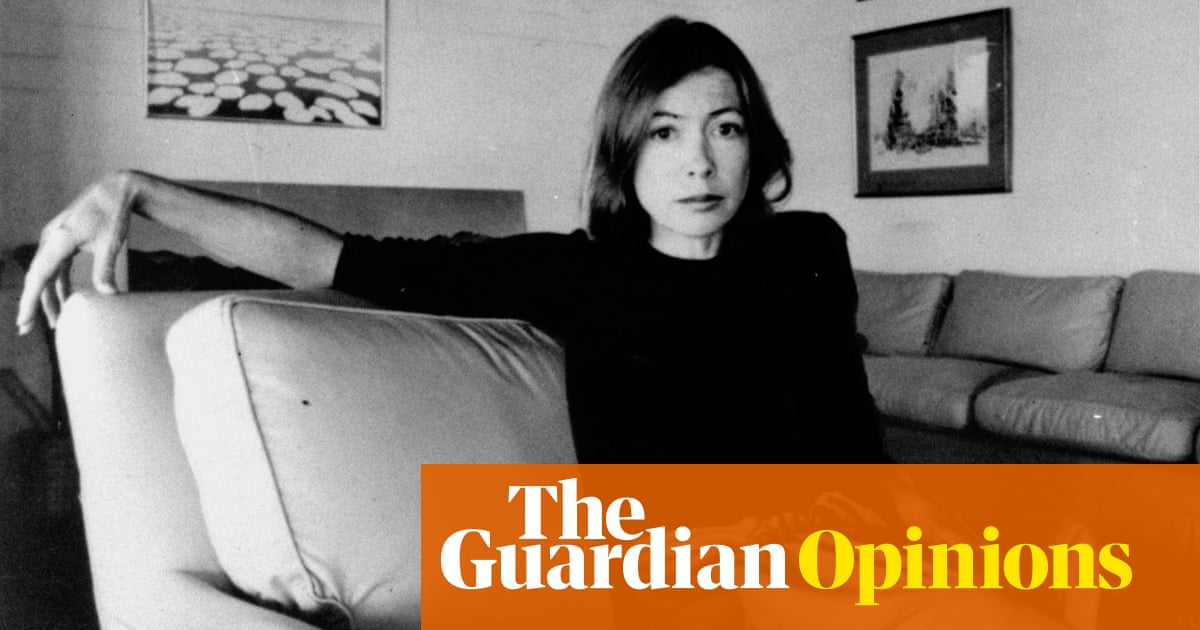I’ve been sitting here for the last few hours
Looking at you
Stretching my imagination through my form of work
And maybe get my hands on you
Oh, we know you have, Tina. We know.
When the first power chords and that unmistakable gravel-rock voice blasted out of our radios on Thursday, the first time that Hot for You Baby had ever been played after being discovered on a forgotten studio master tape, Tina Turner’s fans must have rocked and rolled like they had found the holy grail among their household mugs.
A track – a foot-stomping, sweat-spraying, brilliant song – turning up out of the blue after rumours have circulated for generations is the stuff of music industry legend because it’s as if the artist herself has been keeping it back, just for you. A gift when you thought there was nothing more to give.
The Indiana Jones excitement of discovering a long-lost work of art makes our pulses quicken because it doesn’t just add to the canon of a musician or writer’s work – it takes us back to the first time we discovered that novelist, that film-maker, that painter.
So when we hear of the discovery of a short story by Charlotte Brontë, we don’t care that it was written when she was a teenager without the finesse of the adult author; with its very existence, we travel back to when we first opened the pages of Jane Eyre and fell into a world of harsh schools, troubled romance and dark family secrets.
And, in part, it’s because we have exhausted the canon that we know. How many times have Turner’s fans played Private Dancer? How many times have they analysed every chord change, every lyric? Enough to know them better than their composers.Now there is something new to explore, to daydream about in the park or while performing the ephemeral tasks of daily life.
It doesn’t even have to be much good. If you fancy wading through the turgid weeds of the obscure tragedy Double Falsehood, be my guest. But when the Arden Shakespeare in 2010 attributed it in part to the Bard, suddenly aficionados were clamouring to read it and in 2011 a new production advertised it as the first professional staging of the play in more than two centuries. Reviews were, umm, mixed. Later that same year, the RSC produced a “reimagined” version of the tragedy with much fanfare under the title Cardenio.
No, not even Shakespeare has a perfect record, but rediscovered works aren’t about the artistic quality of the piece – they’re about who we are and how we define ourselves: as fans of Turner or Brontë, devotees of Claude Monet or Alfred Hitchcock.
In part, we want to find new pieces by these masters because we never really want closure. Nobody wants to leave the party. What we want is eternal companionship: we need that artist to always be at our side, creating riffs or characters who will entertain, comfort or speak to us.
after newsletter promotion
We latch on to the writers and film-makers who help us understand ourselves, so dreaming that there’s a sequel to Jane Eyre or a deleted scene from Apocalypse Now out there somewhere reassures us that there are a few more clues to help. That human factor, somehow, makes finding lost works an act of rebellion against the algorithmed, catalogued and datasetted world that now dominates music, books and film.
Netflix and Spotify tell us what to watch of listen to. Something not in their hard drives reasserts our control. It feels like a miracle, and Spotify can’t commodify those. Yet.
Yes, it’s a reminder that art can’t be controlled and can still be lost if we’re not too careful , and that would mean losing a few more of the threads that bind us across time and place: gens X, Y and Z; fans in Aberdeen and Alabama.
No, blaring out Hot for You Baby isn’t just about the music. It’s about how Private Dancer mounted the greatest global comeback in rock history after Turner had been reduced to living on food stamps. How her raw, hot talent electrified stadiums when the spotlight was turned back on, how she astonished us then and still has that power now.
Because playing or reading or watching a rediscovered work – something you are doing for the first time alongside thousands or millions of other fans around the world – makes you a part of something. A movement which nurtures that song or book just as much as the original producers or editors – even the original creators. A song unheard is a song unfinished.
Gareth Rubin is the author of the new authorised Sherlock Holmes novel, Holmes and Moriarty

 2 months ago
51
2 months ago
51













































